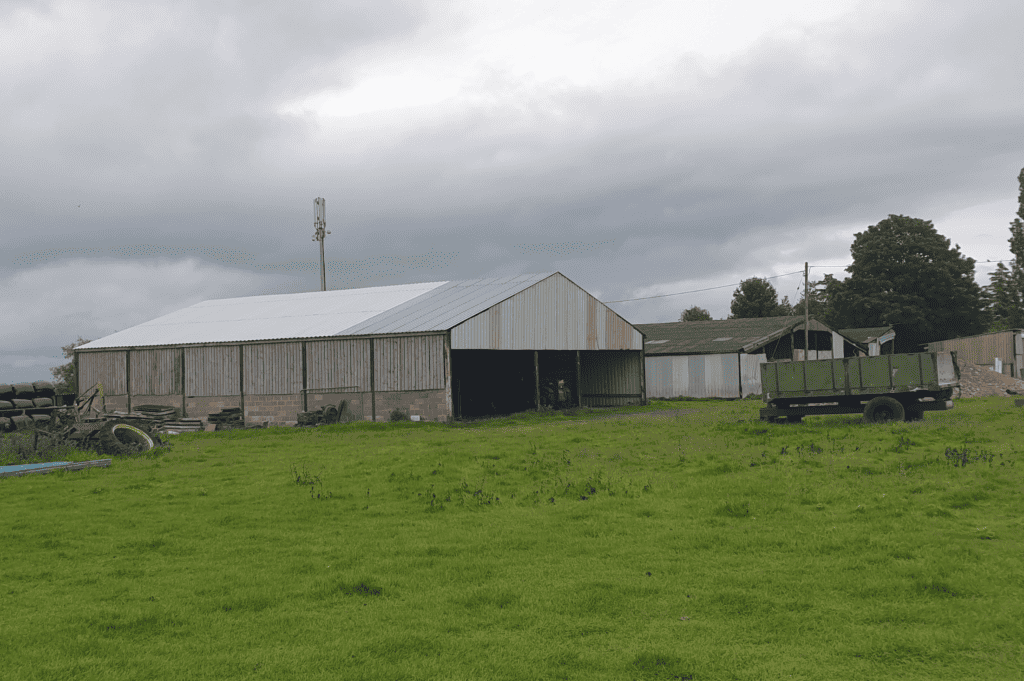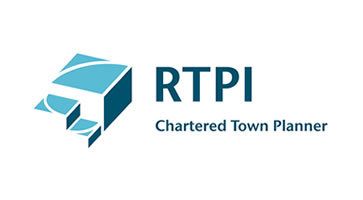Planning & Design Practice have successfully overturned a decision to refuse Prior Notification of a proposed barn conversion at Little Owl farm in Dale Abbey, Derbyshire. Our clients proposed a conversion of an agricultural building to a two storey home with the associated building operations reasonably necessary for the building to function as a dwelling under Class Q of the General Permitted Development Order (GPDO).
Class Q, since 2014, has allowed the conversion of agricultural buildings into homes as a matter of principle under permitted development rights.
An appeal statement was prepared by Planning & Design Practice on behalf of the appellants against Erewash Borough Council’s decision to refuse the application. The Council resolved to refuse planning permission for the proposed development for the following reason:
“In the opinion of the Local Planning Authority, the proposed development does not comply with the limitations or restrictions specified in Class Q which permits a change of use of an agricultural building to a use falling within Class C3 (dwellinghouses). The agricultural building is not capable of functioning as a dwelling.
The style and condition of the building is such that the work necessary to convert this building into a Class C3 Use (dwellinghouses) would go beyond what is reasonably necessary for a conversion.”
During the appeal process, we argued that the site does meet the requirements of Class Q(a) through an assessment of the structural order of the building, the building’s enclosure, the capability of providing shelter and the capacity to accommodate essential domestic features of a dwelling, meaning it is of a condition capable of having its use changed to a dwelling. Therefore, the conversion will meet the definition of a dwelling as it can provide shelter to its inhabitants and has the capacity to accommodate domestic essentials.
We also brought the inspector’s attention to a nearby precedent within the Erewash Borough, using Planning & Design Practice as the agent, which was approved at appeal with the same original reasons for refusal. The Inspector for this application found that the building was structurally sound and strengthening the building would ensure its capability to function as a dwelling.
The Inspector found that, contrary to the Council’s position, the structural integrity of the building is sound and would form an integral part of the building, therefore, being capable of functioning as a dwelling. The building operations would be reasonably necessary in this instance and would not exceed the limitations set out in paragraph Q.1(i) of the GDPO. As such, the inspector resolved to grant the appeal and allow the conversion of the building as set out under Schedule 2, Part 3, Class Q of the GDPO.
Planning and Design Practice Ltd specialise in undertaking planning and enforcement appeals. We have extensive experience of the many types of planning appeals, from written representations to informal hearings and public inquiries.
The appeal process is there to allow the opportunity for an independent assessor to have a look at the application and decide whether it should be refused or approved purely based on the facts in front of them. It is important to ensure that the best argument is put forward for your appeal application.
If you have had planning permission refused or would like to discuss your options or chances at appeal, please get in contact for a free no obligation discussion on 01332 347371.
Megan Askham, Planner, Planning & Design Practice Ltd



